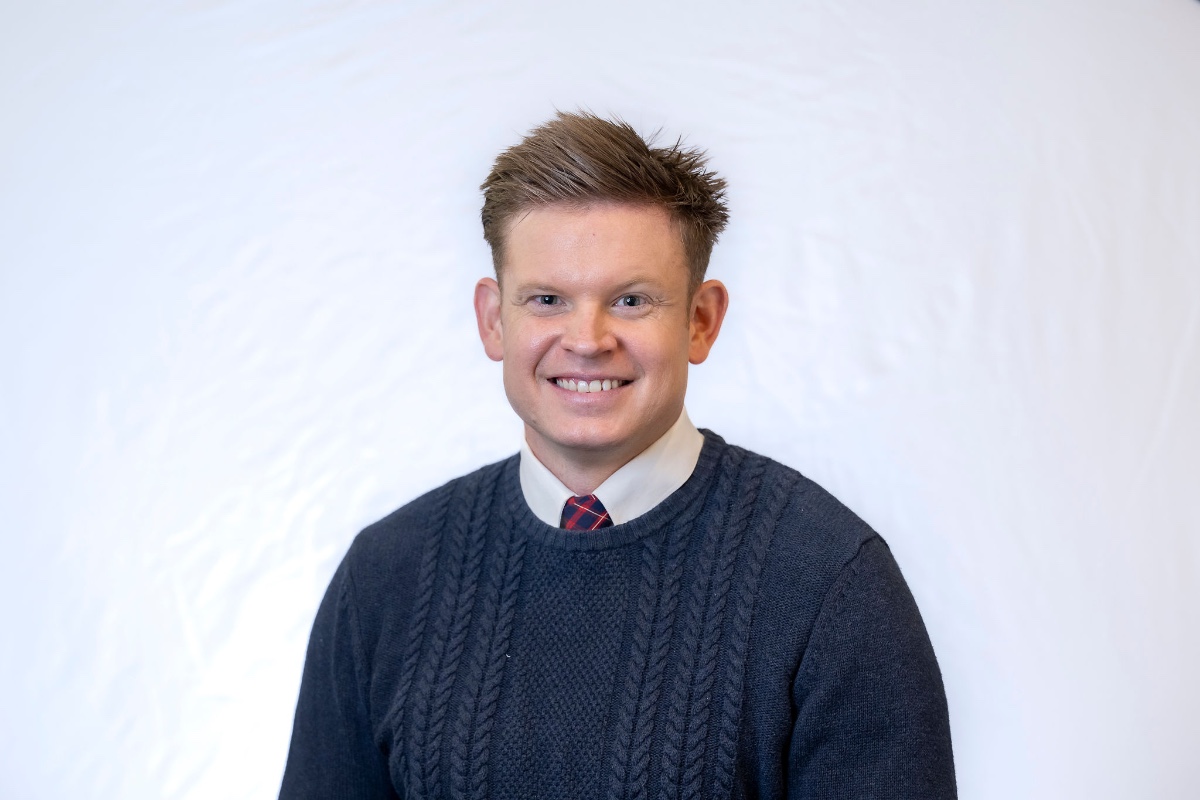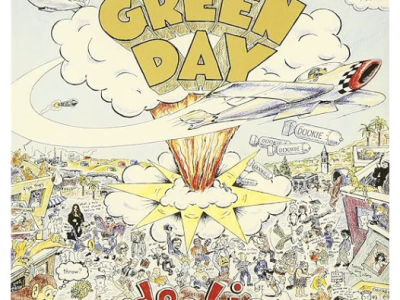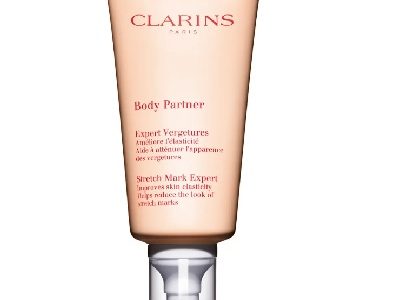Today, we’re excited to chat with Brodie West, a marketing and communications pro with a passion for health, wellness, and community building. Brodie’s career has taken him through different cities and roles, from News Limited to the Royal Hobart Hospital Research Foundation and DNA magazine.
Brodie shares his daily routine, how he maintains work-life balance, and the lifestyle changes he’s made to improve his well-being. From early morning workouts to mindful eating and giving up alcohol, Brodie offers practical insights on living a balanced life. He also recommends some great resources that have helped him along the way.
Let’s start with your background! Can you share with us your career journey and what you’re currently up to?
I’ve had a diverse career journey, spanning multiple cities and roles. I grew up in Hobart but spent nearly a decade living in Sydney and a few years in Melbourne.
My professional background is in marketing and communications starting out with News Limited and spending 5+ years as the marketing manager for online supplement giant Bulk Nutrients during their rapid growth phase.
I currently work for the Royal Hobart Hospital Research Foundation in marketing and communications, and also serve as the partnerships manager for DNA magazine. My passion lies in health, wellness, and community building, particularly within the LGBTQIA+ community. I am also developing a community to combat loneliness and foster deeper connections.
We’d love to know what a typical day is like for you. Could you describe a recent workday?
My workdays generally begin with an early team training session at GTT Fitness, where we alternate between heavy strength and conditioning workouts and HIIT sessions.
Afterwards, I head to the Royal Hobart Hospital Research Foundation for a quick WIP meeting to check on each department’s progress and set our intentions for the day. I focus on referring to our communications calendar to ensure everything is up to date and working with our CEO on any fundraising strategies or other business matters.
I wrap up my work with the Foundation around 4 pm and then turn my attention to DNA magazine, making sure everything is on track and addressing any immediate needs. When I get home, I dedicate time to my side project, working on a business plan and community engagement strategy, preparing to launch it into the world!
Can you define work-life balance for yourself and share with us your approach in maintaining it?
For me, work-life balance means having the flexibility to pursue my professional goals while dedicating time to personal interests and well-being. I achieve this balance by setting clear boundaries between work and personal time, prioritising tasks, and making time for activities that recharge me, such as fitness, volunteering, and socialising with friends and family.
While it might sound like I’m all work and no play, I ensure I carve out time by maintaining a defined calendar with clear boundaries. My weekdays are quite full, but my weekends are reserved for personal time.
Early in my career, I often burned the candle at both ends, attending the opening of an envelope and travelling extensively for work. Those experiences taught me valuable lessons about the importance of balance, and now, with more experience and multiple roles to juggle, I’ve adjusted my life accordingly.
Change is constant, and it’s essential for growth. Have you made any lifestyle changes in the past year to improve your work-life balance?
Over the past year, I’ve made several lifestyle changes to improve my work-life balance. I’ve incorporated regular exercise into my routine, as it helps manage stress and energises me. It’s also helped me lose 15kgs in the last 12 months and done wonders for my self-confidence.
I’ve also become more disciplined about my work hours, ensuring I don’t let work spill over into personal time. I’ve started practising mindfulness and meditation to stay centred and focused; I’ve given up drinking alcohol (It’s been well over 15 months now), and I meal prep on Sundays to ensure that I always have lots of healthy food prepped and ready for my week.
It’s incredible how much more time it gives me through the week when I am busy, and I love having healthy, nutritious food prepared and on hand.
We’re always on the lookout for new resources! Can you recommend any books, podcasts, or newsletters that have helped you in your journey towards balance?
Here are some resources that have been instrumental in my journey toward balance:
Books:
- Hugh Mackay’s – Australia Reimagined is a compelling analysis of contemporary Australian society. It addresses issues like rampant individualism, income inequality, and social fragmentation. The book offers thought-provoking proposals for fostering a more compassionate and cohesive society, making it essential reading for anyone interested in the future of Australia.
- The Resilience Project by Hugh Van Cuylenburg: Through powerful stories and practical insights, this book teaches the importance of gratitude, empathy, and mindfulness. After experiencing an ongoing period of severe depression, it’s been invaluable in helping me understand how to build resilience and lead a happier, more fulfilling life.
- Work Backwards by Tim Duggan: Tim’s book challenges traditional views on work, advocating for a reversal in how we approach our professional lives. It offers practical strategies for achieving a healthier work-life balance and living a more intentional, fulfilled life. I spent most of my twenties with Tim in Sydney and I’ve enjoyed watching him rise as an author. Check out his other works Cult Status, and Killer thinking too! (They all have a permanent spot on my work desk for quick reference).
Newsletters:
- Superhuman: Focused on AI advancements, this newsletter provides quick, insightful updates on the latest in AI technology and its applications. One recent highlight discussed using AI to predict cancer treatment outcomes, emphasising how this technology can revolutionise healthcare.
- Faster Than Normal with Alex Brogan: Always insightful, this newsletter covers various topics aimed at improving productivity and mental well-being. One of my favourite issues explored the profound impact of loneliness on health and offered practical advice on fostering meaningful connections.
- David Spinks’ Newsletter: David Spinks writes about human connection and community design. His reflections on life without social media have been particularly thought-provoking, offering insights into using these platforms more mindfully or stepping away altogether for better mental health.
Before we wrap up, do you have any final words of wisdom or insights on work, life, or balance that you’d like to share with our readers?
Balancing work and life is an ongoing process that requires conscious effort and self-awareness. Recognising that balance looks different for everyone and may change over time is essential. You don’t need to perform, parade, or impress other people in this space, you actually have to be selfish and make it work for you.
You don’t get bonus points for having the most likes on social media for this, you actually have to live it. Prioritise what matters most to you, set boundaries, and don’t be afraid to make adjustments as needed. Remember, taking care of your well-being is essential to being your best self in your professional and personal life.











